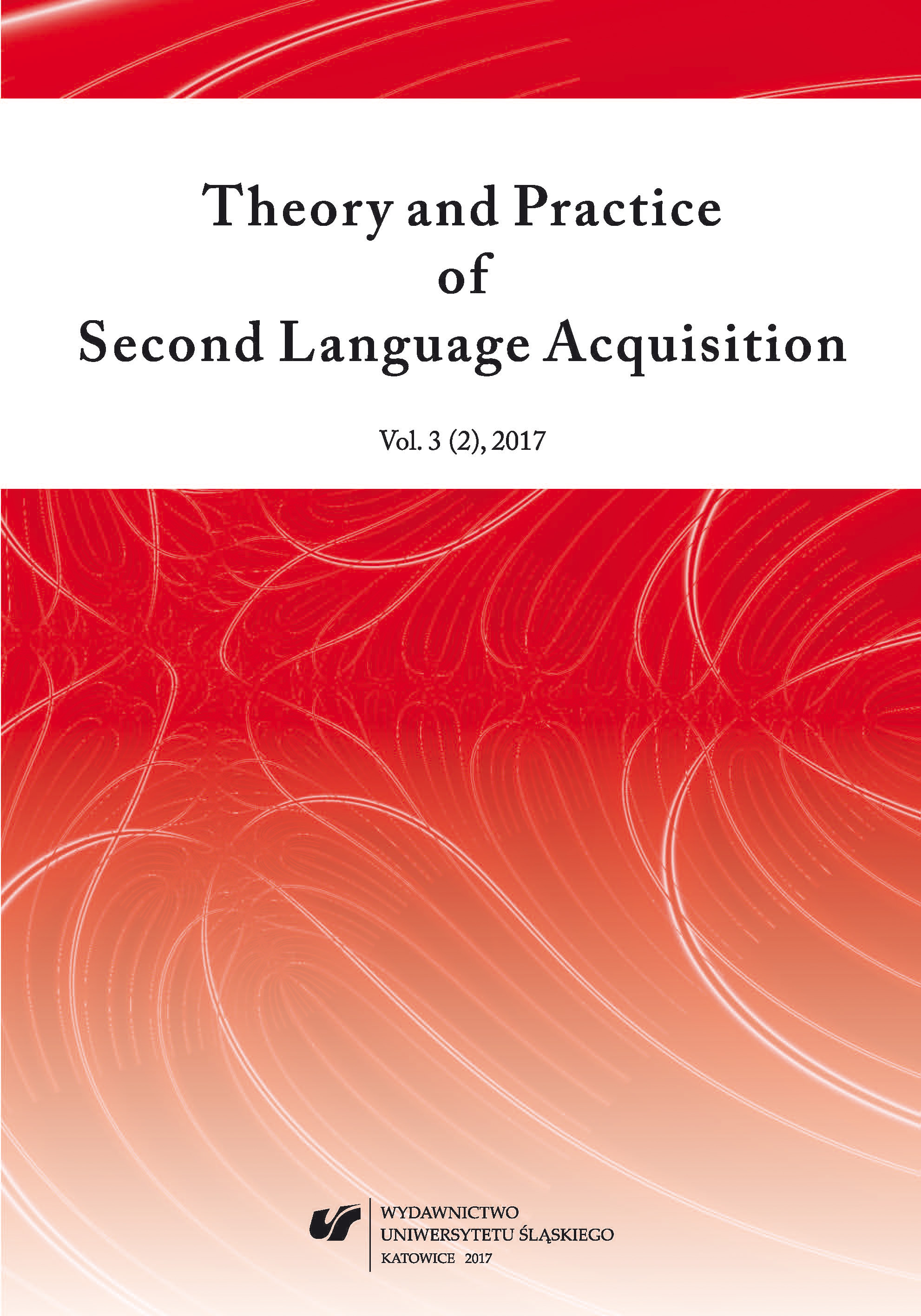Pre-service Teachers’ Attitudes Related to Family Involvement in Light of Their School Placement Experience
Pre-service Teachers’ Attitudes Related to Family Involvement in Light of Their School Placement Experience
Author(s): Anna Bąk-ŚrednickaSubject(s): Language studies, Language and Literature Studies, Theoretical Linguistics, Philology
Published by: Wydawnictwo Uniwersytetu Śląskiego
Keywords: foreign language teacher trainees; field experiences; parental involvement
Summary/Abstract: This paper addresses the issue of building a broader level of partnership between teachers and parents as early as in pre-service teacher education. The Ministry of Higher Education in Poland has formally acknowledged that prospective teachers should have knowledge about parents as sites of pedagogical activities, as well as acquire the skills to cooperate with them (Journal of Laws, 2012). In practice, however, preservice teachers’ plans to keep parents of their future pupils at a distance have been well documented. This may be partly due to the fact that school placements specific requirements in Module 2 referring to 30 hours of pedagogical practice and Module 3 referring to 120 hours of didactic practice do not assume that trainee teachers have any (in)direct contacts with parents during their practicum (Journal of Laws, 2012). Consequently, the cases of contacts with parents during school placements are accidental, isolated, and sporadic. Likewise, we doubt that the approach of dictating school mentors as to the types of family-school contacts trainee teachers are likely to experience can be effective, despite the fact that some school mentors do expect that they are told what to do. The paper describes a qualitative study which reveals that there is a statistically significant amount of evidence of an association between ex-trainee teachers’ personal contacts with parents and their high opinion about collaboration with parents as regards supporting children in: doing homework, recognizing and developing children’s talents, as well as tackling at home those learning problems which occur during lessons. In the paper we suggest that in order to improve the situation in the area of contacts with parents, teacher educators ought to develop training programs that emphasize teacher trainees’ varied and active role in parent interactions.
Journal: Theory and Practice of Second Language Acquisition
- Issue Year: 3/2017
- Issue No: 2
- Page Range: 29-47
- Page Count: 19
- Language: English

